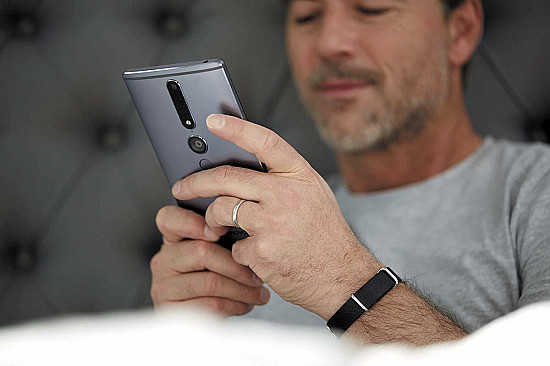Implanted defibrillators in older people: What to expect
Research we're watching
Implantable cardioverter-defibrillators (ICDs) are miniature electronic devices placed under the skin below the collarbone to sense and stop abnormal heart rhythms. A study in the Jan. 24, 2017, Journal of the American College of Cardiology provides new information about outcomes in older people who receive these lifesaving devices.
The study included 12,420 people with an average age of 75. All had survived a sudden cardiac arrest and received an ICD. Nearly four in five of the participants survived at least two years. During the two-year period, nearly 65% were hospitalized at some point. Many were admitted to skilled nursing facilities during the study, including about 32% of those ages 80 and older.
The researchers did not compare the findings to a group of similar people without ICDs, but their findings suggest that age alone should not preclude getting an ICD. However, the device may not make sense for frail, elderly people who are unlikely to survive long-term after cardiac arrest because of other medical problems.
Disclaimer:
As a service to our readers, Harvard Health Publishing provides access to our library of archived content. Please note the date of last review or update on all articles.
No content on this site, regardless of date, should ever be used as a substitute for direct medical advice from your doctor or other qualified clinician.















